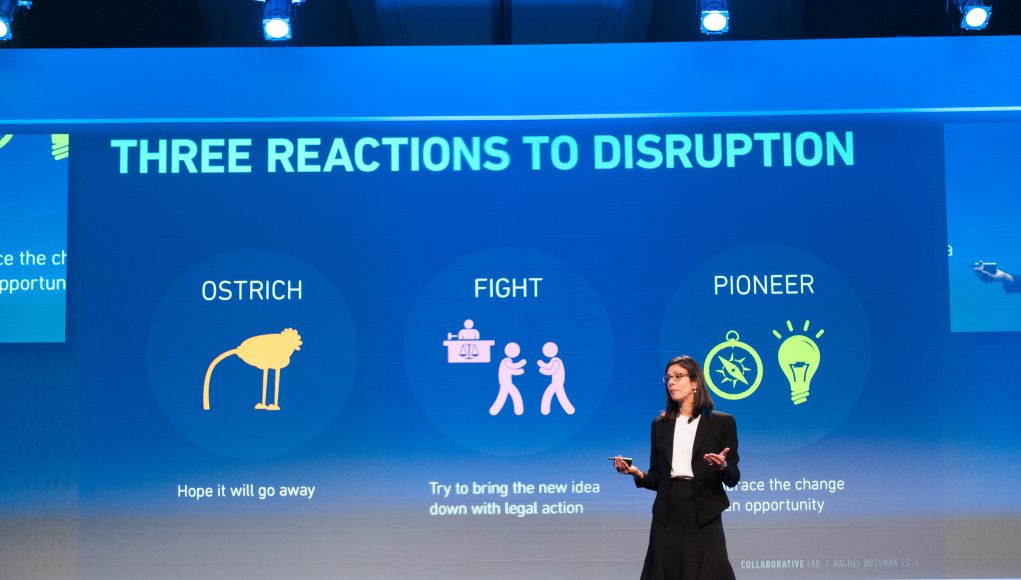From a moral point of view, the economic crisis has had negative effects inside family circles, which disposing of scarce economic resources, struggle to get to the end of the month and make their ends meet. Consequently, this state brings quarrels, debates, excessive nervousness , challenging happiness and family harmony.
Between cuts and sacrifices, waivers and disappointments, the quality of life is increasingly falling to unacceptable levels. This often leads to separation and the failure of many relationships.
But in my opinion, young people – the Millennials – are affected by the economic crisis the most. While their relationships also suffering, they feel increasingly excluded from society and with concrete opportunities for their professional future being on a decline.
With fewer prospects and employment opportunities, having a degree and acquiring skills and knowledge within the academic environment is no longer enough to secure a proper job.
How did the EU policies help?
The policies implemented by the governments of several European states have not always brought the expected results.
In many cases, despite the measures taken, the levels of youth unemployment and of young people leaving their studies to look for the job search, have maintained worrying levels. Especially in the countries of southern Europe (Italy, Spain, Greece).
In this bleak context, it is easy to fall into self-destructive and vicious circles such as drug abuse and violence. The data analyzed at the European level confirms this negative trend: the use and abuse of drugs and alcohol among young people, progressively disillusioned and left alone by the system, is on the rise.
Is the civil economy the answer?
These factors have led to the creation and promotion of new cultural models of economic interpretation, which is an alternative to the traditional mold of the capitalistic model. That is, a market economy based on the principles of reciprocity and fraternity.
The feedback and good practices of the so-called “civil economy“, are based on these same basic principles such as:
1.The division of labor, that is the specialization of tasks which has as a consequence the production of endogenous exchanges.
2.The development, which on one hand, presupposes the existence of intergenerational solidarity, or rather, of interest from the present generation towards future generations.
3.The freedom of enterprise, according to which those who possess entrepreneurial skills should be left free to start a business.
4.The means, or the type of product (goods or service) to obtain.
The sharing economy
This last principle differentiates the Civil Economics from the economy of the capitalist market:
if, in fact, the last took over as the proper end of its action to obtain the so-called total asset, the Civil Economy pursues instead, what goes under the name of common good then?
One of the most successful cases in pursuing these practices, are the many examples of brand-new entrepreneurial activities that create their own business founded on the philosophy of “sharing economy”, or rather the model based on a set of trading practices and sharing of material goods, services or knowledge.
Startups to play a major role in this transition
Startups and innovative SMEs, which have followed these business models (AirBnb, Uber and Gnammo are outstanding examples that have made it), introduced the sharing economy business model thanks to their perseverance and commitment.
From food to tourism, from transportation to entertainment, the sharing economy model can unlock the potential value of more than $572 billion dollars (in Italy alone it is worth $3.5 billion dollars). And growth is set to continue at a greater pace, considering also the support of the population following the principles of collaborative economy.
Have you ever taken part in the sharing economy? What do you think about it? Let me know by leaving a comment below!
For more business tips, check our entrepreneurship section and subscribe to our weekly newsletters.






![The 15 best finance websites you should bookmark right now [2025 Edition] alphagamma The 15 best finance websites you should bookmark right now [2025 Edition] entrepreneurship finance opportunities](https://agcdn-1d97e.kxcdn.com/wp-content/uploads/2024/09/alphagamma-The-15-best-finance-websites-you-should-bookmark-right-now-2025-Edition-entrepreneurship-finance-opportunities-300x350.jpg)